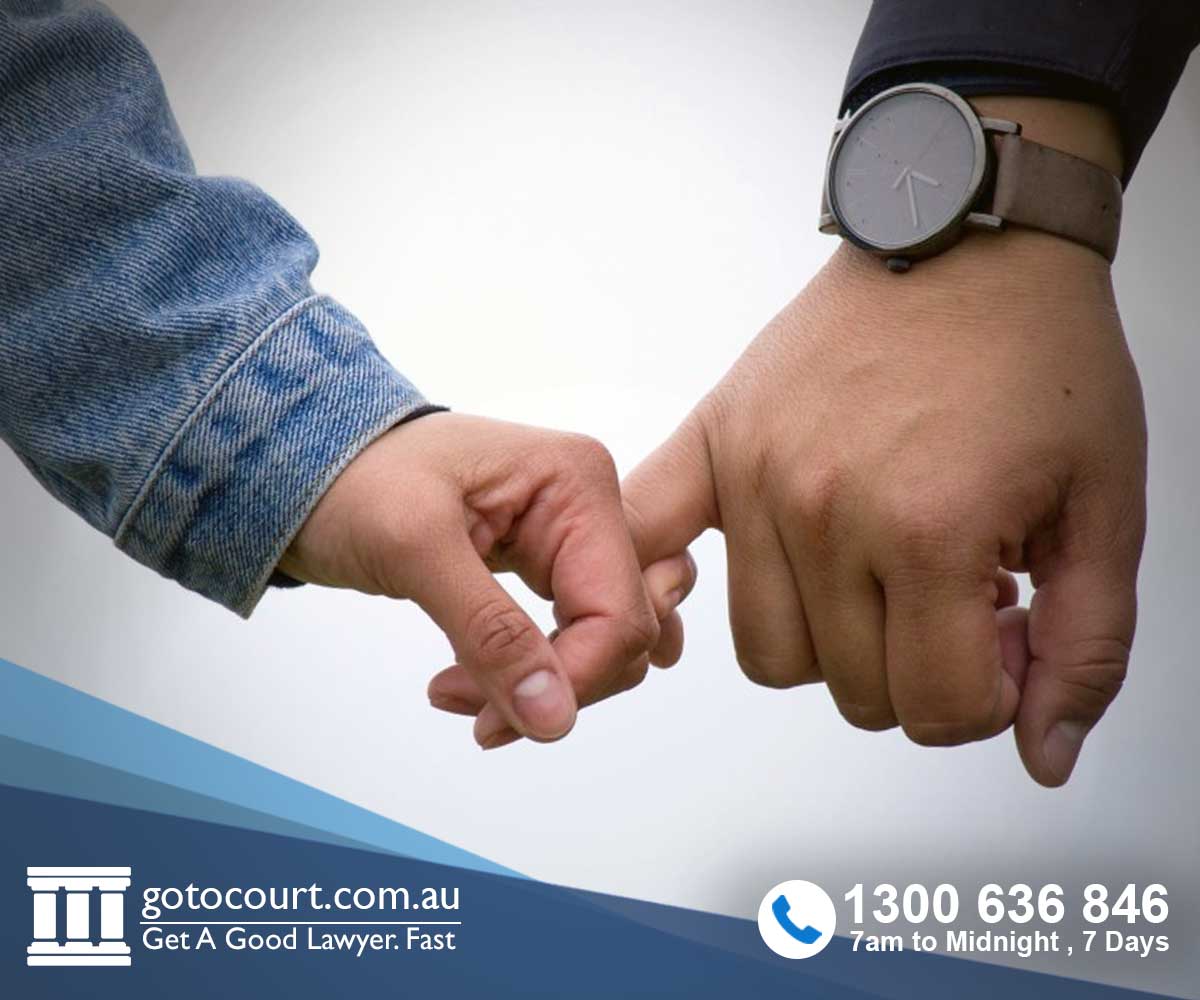Call our lawyers
now
or,
have our lawyers
call you
Representing Yourself in Parenting Matters
Updated on Nov 14, 2022 • 5 min read • 539 views • Copy Link
Representing Yourself in Parenting Matters
It is common in the Federal Circuit and Family Court of Australia (FCFCA) for parties to represent themselves for all or part of the proceedings. This may be because they cannot afford a lawyer and do not qualify for legal aid. It may also be because they want to save money and think they do not need a lawyer as they can manage the proceedings themselves. If you are considering representing yourself in a family law matter, here are some things to keep in mind.
Try to resolve the matter out of court
If you are applying for orders in relation to children, the court will require parties to have attempted to resolve their dispute through Family Dispute Resolution (FRD) before commencing proceedings. Unless there is a compelling reason why mediation is not suitable for your situation, you should invite the other party to FDR and make a genuine attempt to reach a mutually satisfactory agreement prior to filing an application.
If you have attempted mediation and have been unable to resolve the dispute, you should file an application for orders together with an affidavit and attach the certificate. If you believe mediation is inappropriate for your situation (for example, because there has been serious violence between the parties), you must outline the reasons that the court should grant an exemption from the requirement to attend Family Dispute Resolution in your affidavit.
Thoroughly prepare your material
If you are seeking orders in relation to children, you must file the following documents:
- Application
- Affidavit
- Notice of Risk
If you are responding to an application for orders in relation to children, you must file the following documents:
- Response
- Affidavit
- Notice of Risk
Your application or response must clearly set out the orders you are seeking, both on an interim basis and on a final basis. If you change your mind about the orders you are seeking after you have filed your material, you must file an amended application or response as the case may be.
Your affidavit must set out all the relevant facts that you say exist in support of your application or response. Under the Family Law Act, there is a duty to provide full and frank disclosure to the court. If you are representing yourself you must not fail to disclose facts that are not favourable to your case.
Your material must clearly state the address at which you wish to be served. The documents must be filed in triplicate, including the original signed copy and your affidavit must be properly witnessed by a qualified person. Once your documents have been filed, you must ensure they are properly served on all other parties.
Issuing subpoenas
If you know or suspect that there is material that would help your case, you can issue subpoenas to obtain this material. Examples of material that you may obtain by subpoena include police records, hospital records and school records.
The court is very particular about how subpoenas must be prepared so if you are representing yourself it is important to ensure that you prepare them correctly. Each subpoena must be addressed to the correct person and a fee must be paid to cover the costs of preparing the material for the court. The exact amount required will vary between different departments and from state to state so it is important to check with the person or organisation being subpoenaed as to what their requirements are. You must also ensure you file subpoenas early enough to allow sufficient time for the material to be produced. Each party to a parenting matter is allowed to issue five subpoenas. If you want to issue more than five subpoenas you must seek leave from the court to do so.
Representing yourself in court
When representing yourself in court, you must be courteous and mindful of courtroom etiquette. Dress neatly and conservatively and ensure your phone is switched off. Do not be emotional or make accusations against the other party in court. Rather, draw the judge’s attention to the parts of your affidavit where your concerns are outlined. Be brief and respectful and if the judge asks you a question, answer it as clearly and succinctly as possible. Address the judge as ‘Your Honour’ and refer to the other party as ‘the mother’ or ‘the father’.
The dangers of representing yourself
There are a number of drawbacks to representing yourself in family law matters. Family law matters are often emotionally charged and this can make it difficult to assess the strength of your case and to evaluate the evidence objectively.
Family law is a discretionary jurisdiction, meaning that the judge has the discretion to make the orders that he or she considers in the children’s best interests. This means that there is not a single correct decision that a judge can make. Rather, the judge can make any of a number of decisions based on a correct application of the principles of family law and a correct assessment of the evidence. The fact that family law is a discretionary jurisdiction means that it is hard to successfully appeal. This makes it all the more important to get the outcome you want at first instance.
There is often a high volume of evidence in parenting matters and understanding the evidence and its implications can be difficult for someone who is not legally trained. If your matter needs to proceed to a contested hearing, this will mean cross-examining witnesses and making legal submissions, which many self-represented parties find intimidating.
A family lawyer, who is experienced in parenting matters, can ensure that your case is presented professionally and maximise your chances of obtaining the desired outcome. Family lawyers have a thorough knowledge of parenting principles, court practices and evidence law and will present your case in the best possible light.
If you would like a free assessment of your case before making the decision to represent yourself, please contact Go To Court Lawyers.

Affordable Lawyers
Our Go To Court Lawyers will assist you in all areas of law. We specialise in providing legal advice urgently – at the time when you need it most. If you need a lawyer right now, today, we can help you – no matter where you are in Australia.How It Works







1. You speak directly to a lawyer
When you call the Go To Court Legal Hotline, you will be connected directly to a lawyer, every time.


2. Get your legal situation assessed
We determine the best way forward in your legal matter, free of charge. If you want to go ahead and book a face-to-face appointment, we will connect you with a specialist in your local area.


3. We arrange everything as needed
If you want to go ahead and book a fact-to-face appointment, we will connect you with a specialist in your local area no matter where you are and even at very short notice.























